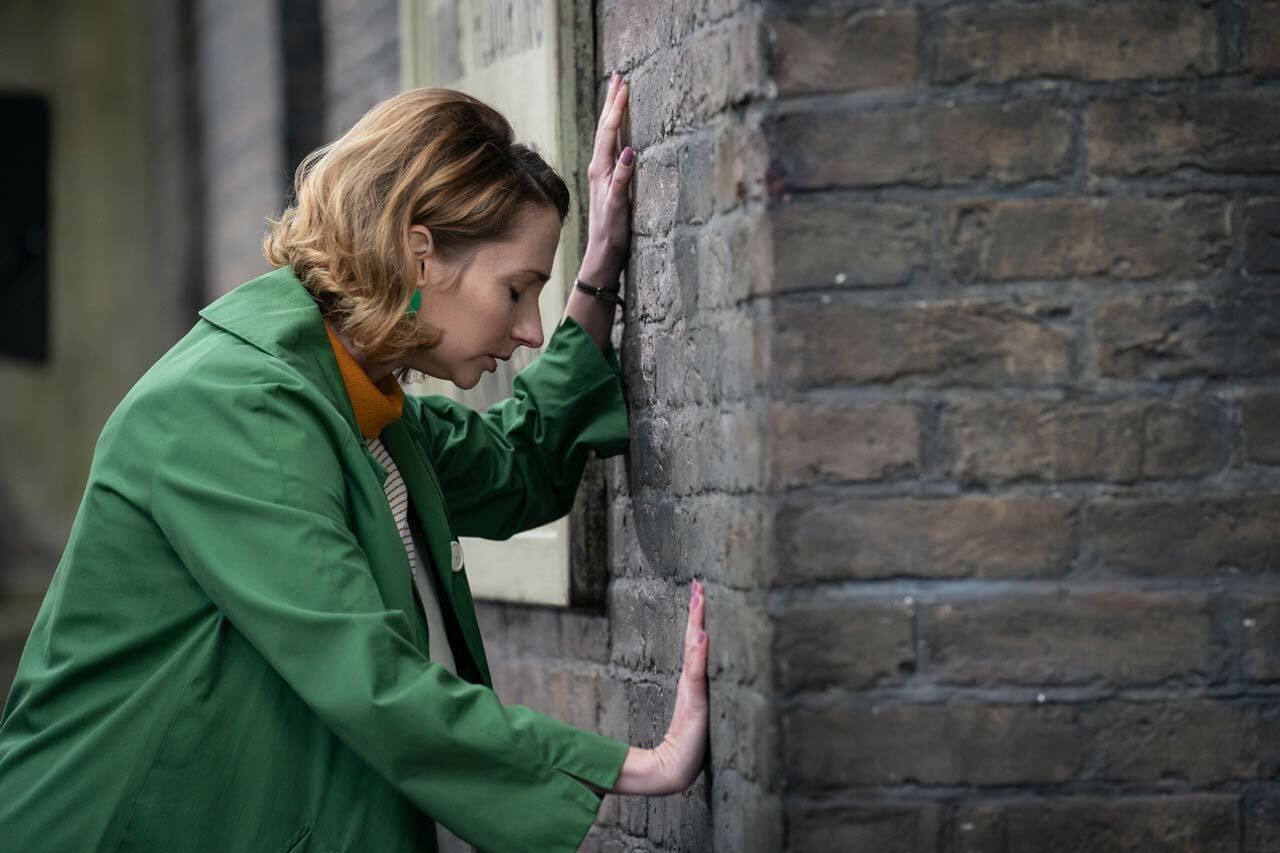
I very much appreciated the lessons learned in this exciting episode of Call the Midwife, as we are introduced to new characters - student midwives like myself. I give props and credit to Nurse Corrigan and her witty character as she makes her presence known in her new role at Nonnatus House.
I couldn’t help but shake my head and smile at the oh-so typical know-it-all attitude of someone fresh out of a medical environment and into a community-based environment where birth and care surely looked a whole lot different than what she was used to. The fact is and still remains is that those whose education originated in the medicalized setting rarely if ever see a true, intervention-free physiological birth. That and just the whole approach of community based care differs so much that I am sure it must really take a lot of self-realization and reflection to actually just take a step back and see what it means to care for the individual person, rather than adhering to strict protocols meant for everyone which in turn robs you of the chance to get to really know the person you are caring for.
Nurse Corrigan definitely had quite a bit to learn when it came to caring for mothers in the community birth setting, and I think the most valuable lesson she learned was what it meant to actually listen and the choices mothers may make (or not make) if they don’t feel listened to or spoken to in the right way.
~ Listening is sometimes the only thing needed to help someone. Listening can save lives.~
When it comes to relationships and caring for others, the above quote couldn’t be any more true. How many times haven’t you felt listened to? Heard? Yes. Listened to? Not so much.
In a fast-paced world, where everyone's caught up in their own lives, people have forgotten what it means to really listen to someone. To truly empathize and understand someone, one must listen. When you actually take the time to do so, you can learn so much about a person in such a way that you may very well possibly save that person’s life.
Being able to actively listen is an essential skill - an art, especially when it comes to midwifery and providing individualized care to birthing families. Because of this lost art of listening, many birthing people harbor negative views and feelings about their pregnancy, birthing, and postpartum experience.
The Listening to Mothers national survey which seeks to develop a deeper understanding into the childbearing experiences from the perspective of the mothers themselves has shed light onto what is lacking in the U.S. maternity care system. So many women reported not being listened to, being spoken down to, not having informed consent, and feeling or being abused. Health disparities and racism within the healthcare system result in higher reports of negative treatment amongst Black and Indigenous women. These negative experiences greatly impact the postpartum experience with many women developing perinatal mood disorders like postpartum depression. Not listening to mothers is what has contributed towards the increased mortality rate in Black women who are four times more likely to die than their white counterparts.
As a Black woman, the statistics are very disturbing to me, and I often think how those women could have been me. I was fortunate to have midwives for my last two births, both experiences which proved to be life-changing for me, inspiration for the type of care I want to offer birthing families.
As it took me three prior hospital births and plenty of doula births in the hospital setting for me to see what needed to change, it took for Nurse Corrigan to be taken out of the medicalized setting and put into the community birth setting to see what needed to change, within the system and within herself. I believe it is these learning experiences that create amazing midwives and I was so pleased to see Nurse Corrigan do what needed to be done, with a change of perspective and a change of heart. Not only did she listen with her senses, she also listened with her heart.
Resources:
Listening to Mothers in California: New Survey Results Give a State's Mothers a Voice (lamaze.org)
Listening to Mothers Surveys (birthbythenumbers.org)
Listening to Mothers Reports and Surveys (nationalpartnership.org)
Maternity Care (nationalpartnership.org)
Publications Using Listening to Mothers Survey Data (nationalpartnership.org)
Get Another Take: Recommended Call the Midwife Recaps
From Thirteen.org | The British Tele Dish
From WTTW Chicago | The Playlist Blog
From NPT Nashville | The Vanderbilt University School of Nursing Recap
From WETA Washington | The Tele Visions Blog
From WGBH Boston | Watch Drama After Dark or Read the weekly recap